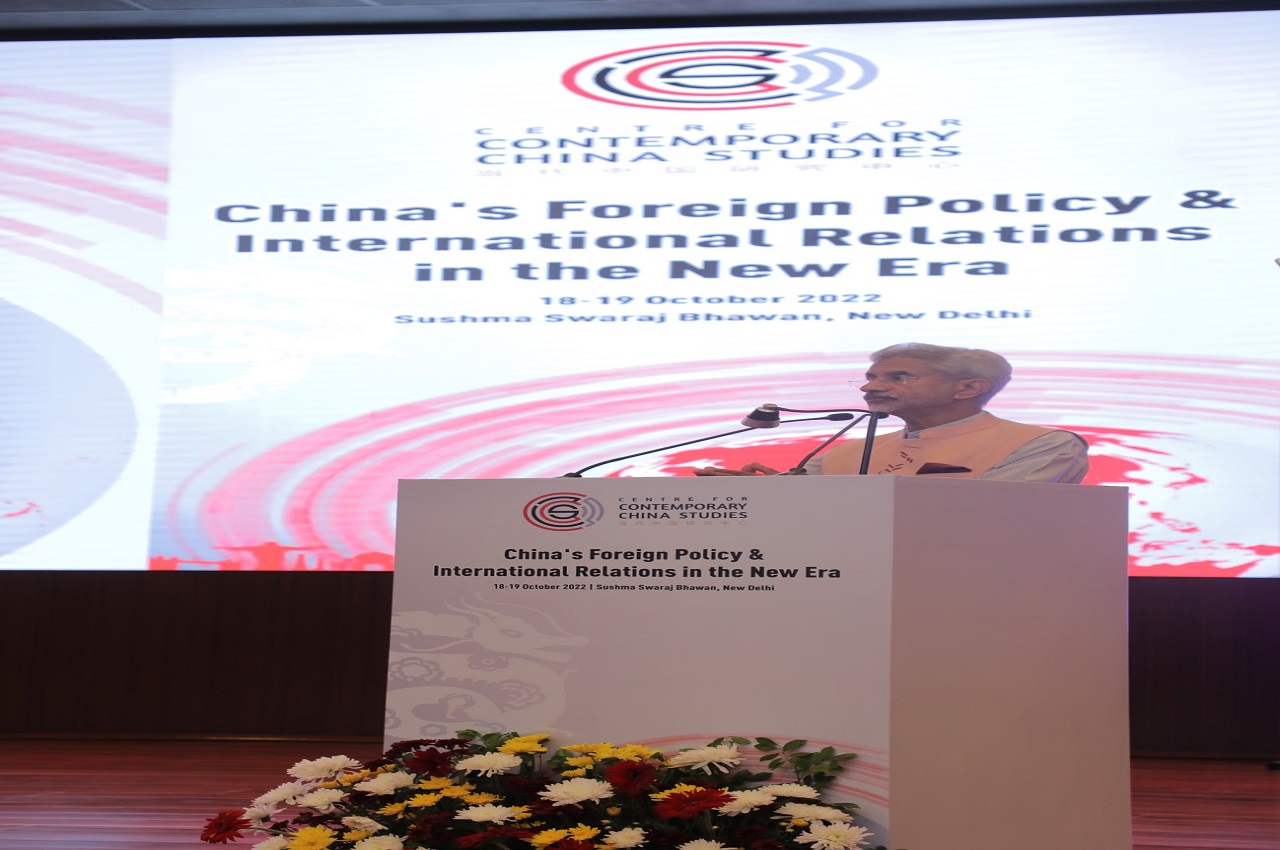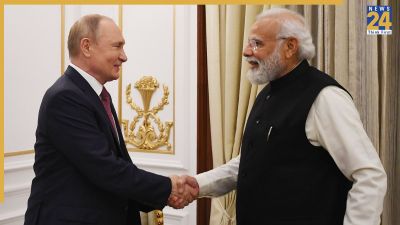New Delhi: India must prepare to compete more effectively, especially in our immediate periphery, External Affairs Minister Dr S. Jaishankar said on Tuesday, adding that the continuing impasse in Eastern Ladakh will not benefit either India or China.
The external affairs minister gave the keynote address at a conference of the Center for Contemporary China Studies (CCCS) on China’s Foreign Policy and International Relations in the New Era.
Peace and tranquility in the border areas clearly remains the basis for normal relations. From time to time, this has been mischievously conflated with the sorting out of the boundary question.
Referring to the ongoing situation in Eastern Ladakh, Dr Jaishankar said the last few years have been a period of serious challenge, both for the relationship and for the prospects of the continent.
“The continuation of the current impasse will not benefit either India or China. New normals of posture will inevitably lead to new normals of responses,” he added.
Internationally, building deeper relationships and promoting better understanding of its interests strengthens India, Jaishankar said, adding we must prepare to compete more effectively, especially in our immediate periphery.
The Minister said the Indian policy in the past has exhibited a remarkable degree of self-restraint that led to the expectation that others can have a veto over its choices.
“That period, however, is now behind us. The new era is apparently not just for China,” asserted Dr Jaishankar.
India’s search for a more balanced and stable relationship with China take it across multiple domains and many options. Given the developments of 2020 – reference to the Galwan Valley incident – they obviously focus on an effective defence of the border, the minister said.
Peace and tranquility in the border areas clearly remains the basis for normal relations, he said.
“From time to time, this has been mischievously conflated with the sorting out of the boundary question.”
Pointing to the Galwan Valley incident, Jaishankar said that establishing a modus vivendi between India and China after 2020 is not easy.
“Yet, it is a task that cannot be set aside. And this can only become sustainable on the basis of three mutuals — mutual respect, mutual sensitivity and mutual interest,” he said.
“It is the willingness to take a long-term view of their ties that the two countries must display today.”
“The last few years have been a period of serious challenge, both for the relationship and for the prospects of the continent. The continuation of the current impasse will not benefit either India or China,” the minister said.













